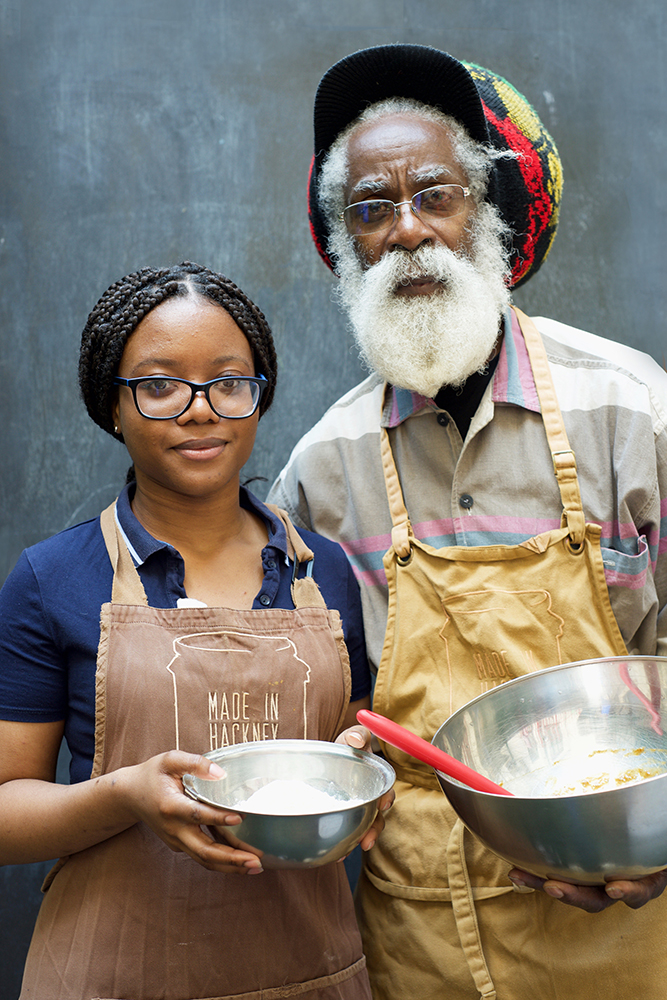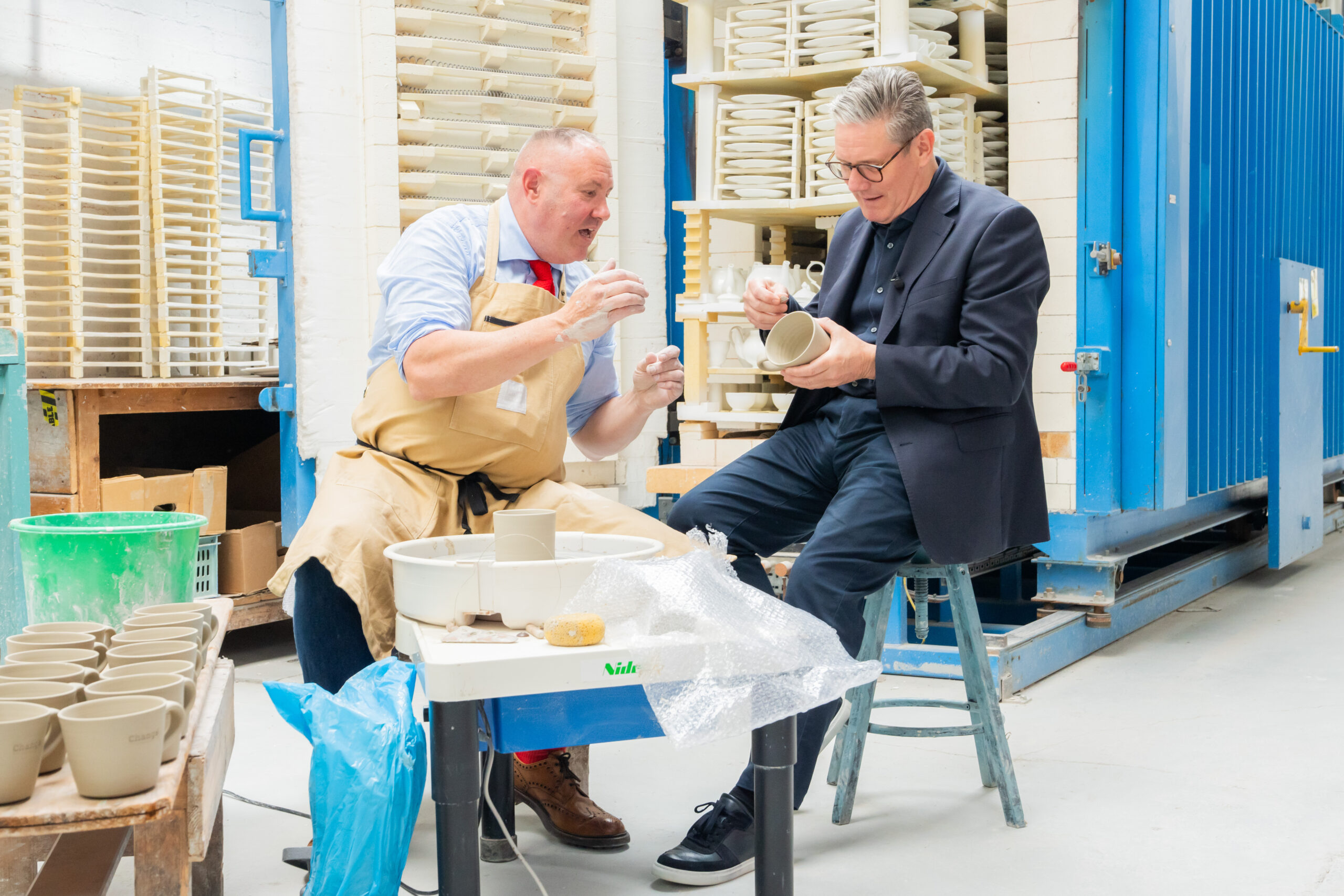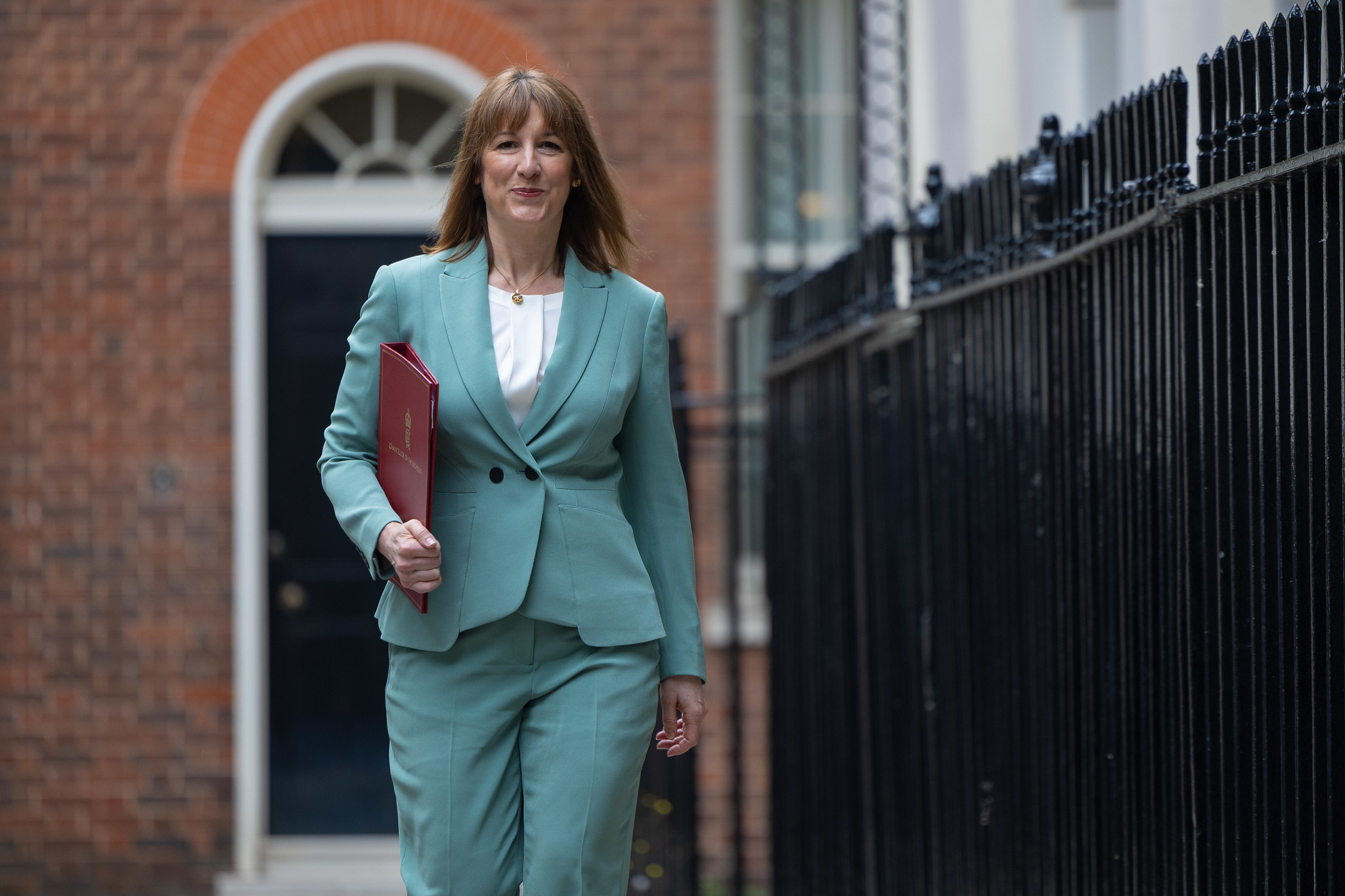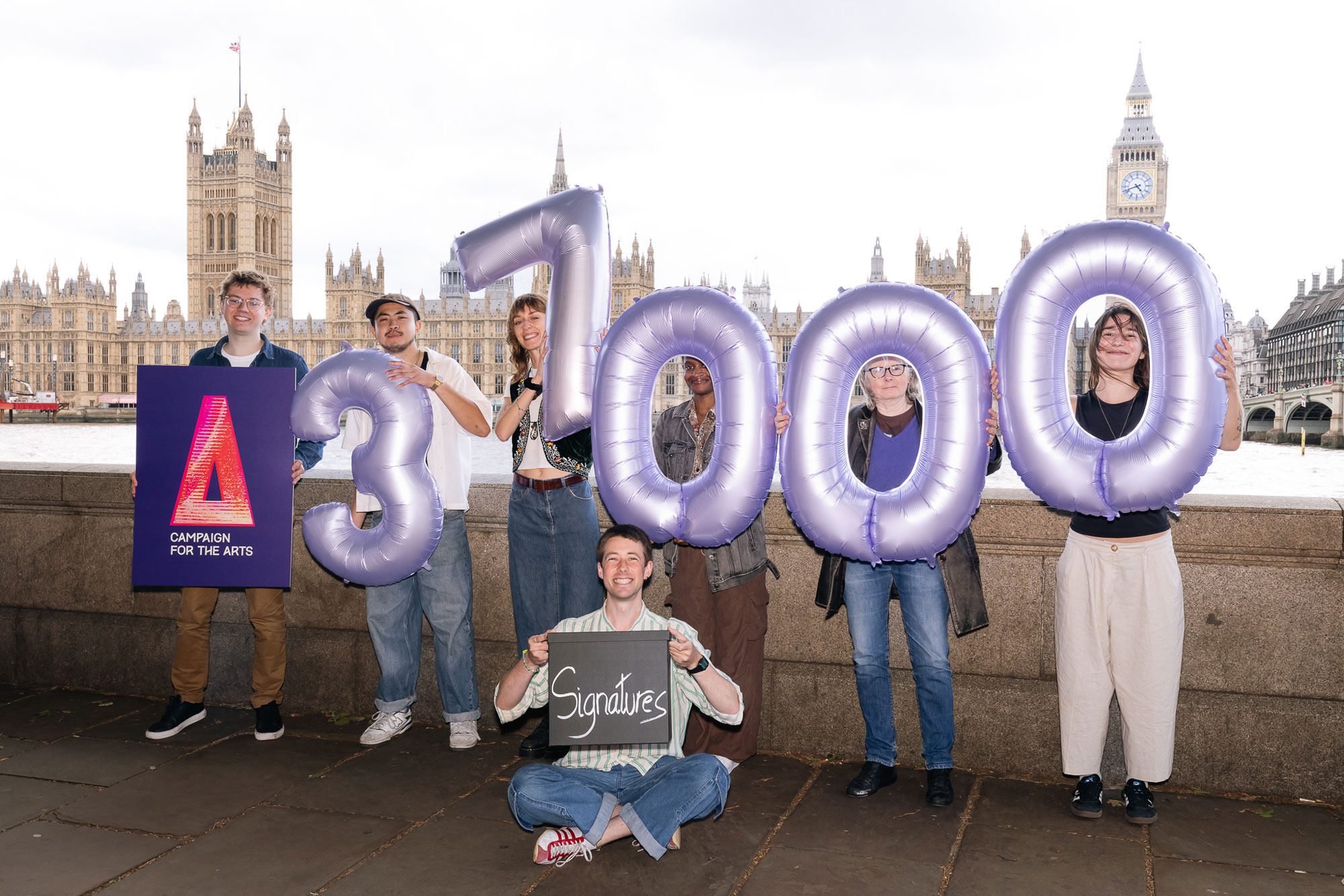The shock of the Windrush scandal will never leave me, nor will the sense of shame I feel when I think about the time the story first broke in 2017.
These tragic stories begged many questions, but none more so than this one: how on earth could this have happened to a generation that has given Britain so much?
For me, and many others, this became a very personal story. My dad is part of the Windrush generation, and he tells me wonderful stories. He recently wrote a book about his early experiences in life so they could be passed on to my son. This planted a seed with me and influenced my work at Hackney Council.
We learn from theatre and the art of storytelling
Storytelling must be one of the most powerful ways to land a message through context, characters and emotional drivers. It has certainly served theatre well for many centuries.
My dad’s stories were in stark contrast to the ones I was reading about in the news: government statistics, immigration, boxes to tick, targets to hit and people to be deported.
His were about people’s lives and struggles. Survival. Making ends meet. Defying the odds. Overcoming adversity. Working hard to support the British economy, transport systems and health service. Celebrating life. Family bonds. Supporting one another. Community spirit. Music. Food. And mostly amazing food. Sport.
The stories I read about in the news were cold, heartless and shocking. My dad’s were warm, full of heart and hope, and most of all, inspiring. And they were personal. Real people. Real lives.
If former ministers, spads and policy wonks had been introduced to the history and heritage of the Windrush generation in the same way that I had, I would like to think that their attitude and decision-making would have been very different.
It is this lesson about the positive impact of storytelling through arts and culture that shaped our Cultural Hackney Windrush programme.
Political will
I am incredibly proud that Hackney Council made such a strong and public commitment to our Windrush community. We were the first to appoint a cabinet lead for the Windrush community and passed a comprehensive motion pledging support. I cannot emphasise enough how important it is to have the backing from the very top and across a council if you are to be successful in launching a new programme of work. It’s the collective work of politicians, officers and the community that delivers results.
Hackney has high numbers of older people from Black Caribbean origin and it is one of the most isolated communities, especially when you consider that 42 per cent of older people in the borough live alone. In theory, reaching out to this community was going to be a real challenge.
But with a focus on storytelling through the celebration of history and heritage, we would quickly open the door to this previously ‘hard to reach audience’.
Programme of work
We put in place a diverse range of arts and culture activities with the support of politicians, adult social care, housing teams, archivists, volunteers and local arts organisations to engage more than 3000 local elders. This was all made possible because of two reasons. Firstly, the wholehearted commitment from across the council, and secondly, the real celebratory nature of the programme, co-produced drawing on the expertise of a steering group who administered microgrants that reached hyperlocal pockets of the community. Activities included:
- Carnival parades
- Tea party with music, exhibitions and poetry
- Arts and photography exhibitions
- Cricket and domino matches
- Baking and the production of a Windrush cookbook with celebrity chef Liam Charles
- Partnerships with BBC London, The Voice and Jamaica Gleaner
- School visits
What have we learned and what will we do differently?
The programme has made us think harder about where to draw the lines in terms of where the Windrush generation starts and finishes. The more we went into schools, and the more we engaged with young people across a range of activities, the more we discovered how many of the younger generation are disconnected from their heritage.
Sadly, prejudice and inequality exists today, but we were taken back by the positive influence the elders had when sharing their stories with young people. There were some parallels, lots of respect, wisdom to impart, and bags of inspiration and hope.
As we look ahead, we will take even more of an intergenerational approach to the Windrush programme by taking on these learnings. The key one is that when engaging younger people, smaller and more intimate environments, like our baking sessions, work best.
I’d like to end with one statistic that came out of our evaluation.
One hundred per cent of participants said that they would share something they learnt about the Windrush generation with another person – that’s a form of storytelling and a real measure of success.
So what is my biggest learning of all?
When I read that BAME communities are potentially being the hardest hit by Covid-19, the importance of storytelling has never been more important. We need to know their stories and want to protect them.
Petra Roberts is Cultural Development Manager at Hackney Council and led the Windrush Programme.

Read more about Hearts for the Arts and make a nomination


